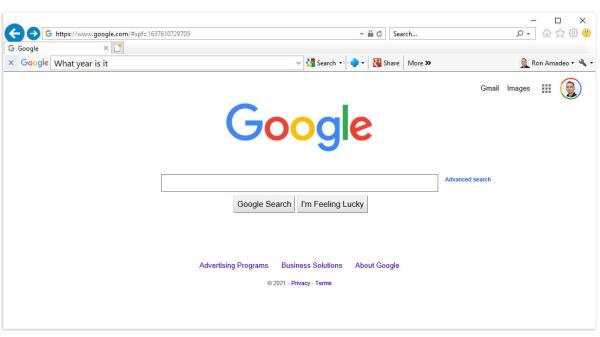
Google has unveiled their latest web app. It’s called Google Sidewiki and makes it easy to “Contribute helpful information to any webpage”. We’re not quite so sure. If you have the Google Toolbar installed on your browser, Sidewiki allows you to open a side-panel, add your comments about the page, and read the comments of others.
In a Utopian Internet (Utopernet?) the world’s most predominant experts on all subjects would be browsing websites dropping off clairvoyant nuggets of wisdom like Greek oracles. In reality, letting anyone add to any web page does not equate to instant insight. We’re all familiar with long comment threads and forum posts that contain very low percentages of useful information.
Google considered this “white noise” as a possible problem and implemented a ranking system for which comments are displayed first. This raises another flag, will this become a type of advertising? At some point in the future will comments linking to other pages be ranked based not only on popularity, but on a kickback to the Big G in return for increased exposure?
There is also the consideration that web pages might not like what comments are being left in Sidewiki. We’ve noticed that emails referencing the Labor Movement often have link advertisements in Gmail about how to prevent Unionization. What would the Sidewiki for pages covering controversial topics such as religion, sexual persuasion, and abortion look like?
We will admit this is a well intentioned idea with a lot of potential. But everything depends on how well it is executed.












